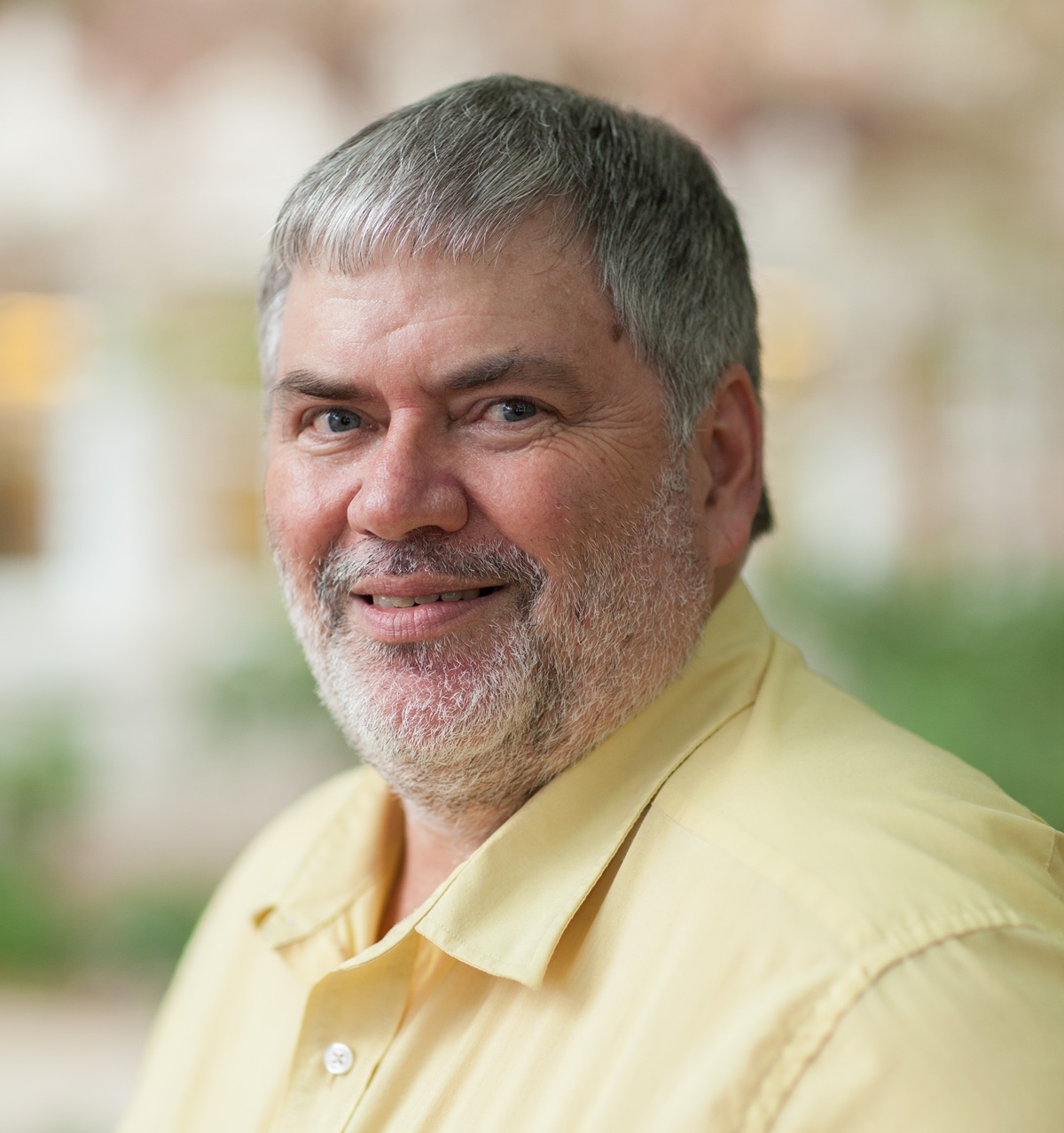Senior Associate Dean Bernie Engel appointed Purdue’s next Glenn W. Sample Dean of Agriculture
Patrick Wolfe, Purdue provost and executive vice president for academic affairs and diversity, has announced Bernie Engel as the next Glenn W. Sample Dean of Agriculture, effective July 15.
Engel, chosen following an extensive national search, has served Purdue most recently as senior associate dean of agricultural research and graduate education in the College of Agriculture for the past four years and succeeds Karen Plaut, who earlier this year became Purdue’s executive vice president for research. Agricultural Economics Professor Ken Foster has served as interim dean since January.
Introducing Engel at the meeting, Wolfe said, “Professor Engel is exactly the right leader to take our strong College of Agriculture to even greater heights of research and academic excellence, while also serving our state’s 92 counties better than ever before through Purdue Extension. Having built and sustained a number-1-ranked department at Purdue for more than a dozen years, and then driving graduate student enrollment, scholarly impact and intellectual innovation across the college as senior associate dean, he has proved time and again his ability not only to impact the farms and fields of our state and world, but also to drive Purdue’s continuing excellence at scale. I am extremely grateful to our search advisory committee and to all who contributed to this excellent search and outcome.”
 Engel, who has been a Purdue faculty member for 35 years, shared the vision and commitment he brings to the position.
Engel, who has been a Purdue faculty member for 35 years, shared the vision and commitment he brings to the position.
“As dean I will be dedicated to fostering excellence and driving impactful initiatives that align with our mission as a leading public research university and land-grant institution,” Engel said. “I will seek to elevate our reputation as a leading global agricultural college, where groundbreaking research, innovation, student education and stakeholder engagement converge to shape the future of agriculture. I am confident we can attain these goals because of the incredible commitment and talent of our faculty, staff and students.”
Prior to serving as senior associate dean in the college, Engel was department head of Agricultural and Biological Engineering from 2005-2019. Under his leadership, ABE undergraduate and graduate programs were repeatedly ranked the country’s No. 1 biological/agricultural engineering program by U.S. News and World Report. During that time, the number of both undergraduate and graduate students in the department doubled and research expenditures more than tripled.
During Engel’s tenure as senior associate dean, the college has received over $85 million in external research funding for two consecutive years. This year the college rose in the QS rankings to No. 3 in the United States and No. 5 in the world. Engel also provided leadership in the area of the college’s entrepreneurship and intellectual property commercialization efforts. In the last fiscal year, the College of Agriculture had a record number of intellectual property disclosures (70), patent applications (87) and license/option agreements (31).
After earning his undergraduate and master’s degrees from the University of Illinois and his PhD in agricultural engineering from Purdue, Engel joined the faculty in 1988.
He has received numerous recognitions from the American Society of Agricultural and Biological Engineering (ASABE) over the course of his career, including: Outstanding Young Researcher Award, 1999; ASABE Fellow, 2014; Gilley Academic Leadership Award, 2016; and the Hancor Soil and Water Conservation Engineering Award, 2019. He was also honored as the Purdue College of Agriculture’s Outstanding Researcher and Outstanding Graduate Educator, University Scholar and received Engineering’s Best Teacher Award. He has authored over 330 peer-reviewed papers. To date, he has served as major professor for 54 graduate students (27 MS and 27 PhD).
Engel is a leading global expert in the development and application of water quality models and environmental decision support systems. The models address agricultural, rural, urban and mixed land-use watersheds and a range of constituents including nutrients, pesticides and soil erosion.
Engel led the development of the web GIS technology that forms the basis of a national registry to protect crops from pesticide spray drift (www.fieldwatch.com). FieldWatch, a nonprofit launched in 2010, currently operates in 24 states and one province. The technology is credited with greatly reducing unintended drift damage to sensitive crops. Engel serves on the FieldWatch Board of Directors.






